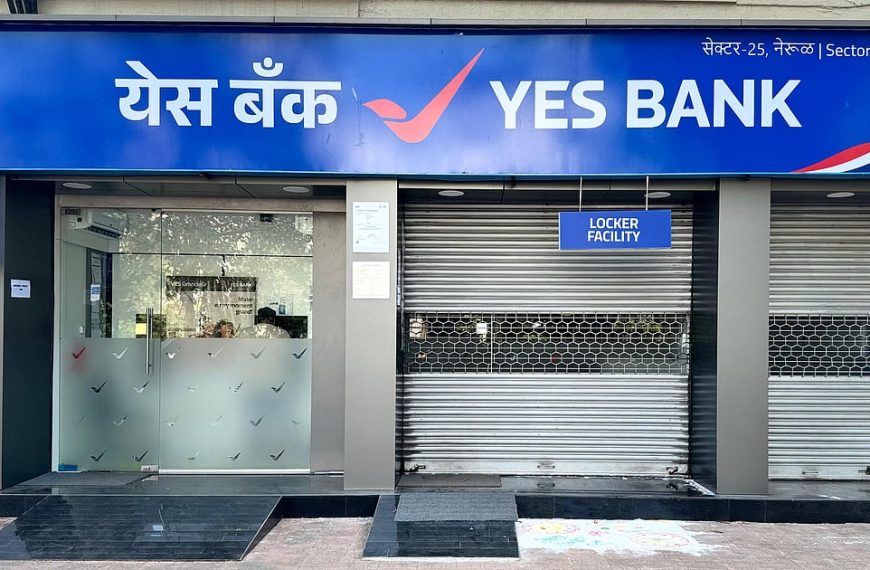The Indian stock market experienced a notable decline this week, driven by escalating geopolitical tensions between India and Pakistan. This growing unrest has led investors to shy away from equities in favor of safer investment options. The Nifty 50 index concluded the week at 24,008.00, reflecting a drop of 1.39%, while the BSE Sensex ended at 79,454.47, down 1.30%.
Market Reaction to Geopolitical Unrest
The week started on a bearish note, with the Nifty opening significantly lower amid the heightened conflict. According to Siddhartha Khemka, Head of Research at Motilal Oswal Financial Services Ltd, the market felt the pressure as the Nifty closed 1.1% lower. Broader indices also saw declines, with the Nifty Midcap100 and Smallcap100 indices retreating by 0.1% and 0.6%, respectively. Despite this downturn, Foreign Institutional Investors (FIIs) maintained their bullish sentiment, with inflows reaching ₹11,656 crore for the month, providing some support to the market.
- Nifty 50: Closed at 24,008.00 (down 1.39%)
- BSE Sensex: Closed at 79,454.47 (down 1.30%)
- FIIs inflows: ₹11,656 crore
Key Market Influencers Ahead
Looking into the coming week, several critical factors are set to shape the market landscape. The ongoing tensions with Pakistan will remain a focal point, influencing investor sentiment. Additionally, key economic indicators such as the Consumer Price Index (CPI) and Wholesale Price Index (WPI) are anticipated to be released, along with vital trade statistics for imports and exports.
Corporate earnings will also take center stage, with major players like PVR INOX, Tata Steel, Bharti Airtel, and Cipla expected to unveil their quarterly results. As highlighted in an SBI report, over 350 companies, including Tata Motors and Godrej Industries, will report their earnings, which could further impact market behavior.
Technical Insights for Investors
Ajit Mishra, Senior Vice President of Research at Religare Broking Ltd, indicated that the Nifty is currently trading near significant moving averages, suggesting a potential for further declines. He noted that immediate support is situated at 23,800, and if this level is breached, it could extend the drop to 23,200. Conversely, any upward movements may encounter resistance between 24,400 and 24,600.
For the Bank Nifty, Mishra pointed out that it appears to be underperforming, with immediate support at 53,000 and stronger support around 52,400. A sustained close above 55,000 could signal a bullish shift toward 56,000.
Strategic Approaches for Traders
Given the current volatility driven by geopolitical concerns, Mishra advises investors to take a selective approach to stock trading. The spike in the India VIX indicates increased market uncertainty. Investors are encouraged to avoid aggressive positions until the situation stabilizes. Adopting a hedged strategy may be prudent to mitigate risks as the market navigates these turbulent times. Keeping an eye on geopolitical developments will be essential in determining the future direction of the market.
In summary, as the situation evolves, both domestic economic indicators and international relations will play a critical role in shaping the trajectory of the Indian stock market in the weeks ahead.










